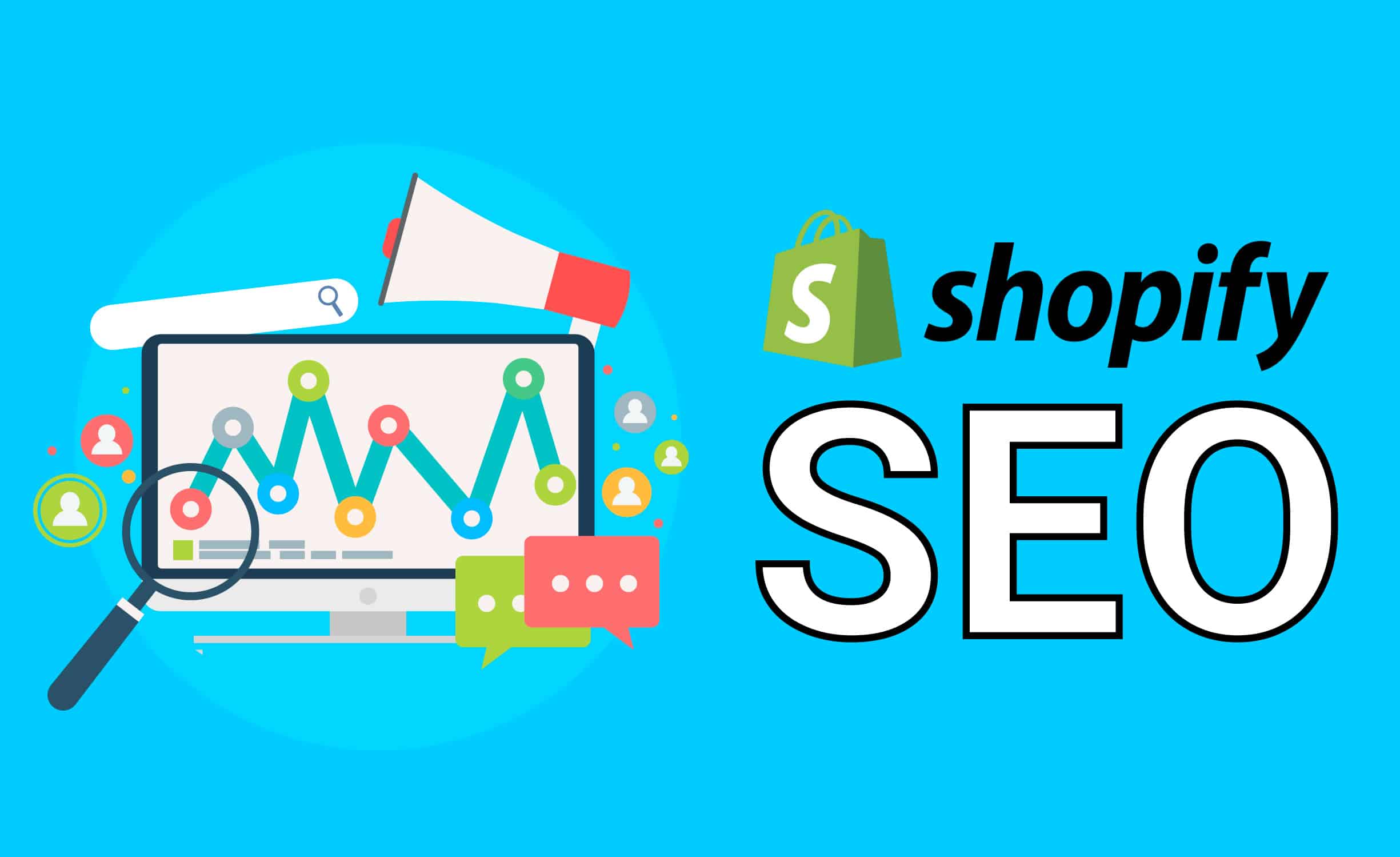Running an online store on Shopify as a startup can be exciting, but we get it—it comes with its challenges. Between juggling inventory, customer support, marketing, and everything in between, finding time (and budget) for effective SEO might seem impossible. But if done right, Shopify SEO doesn’t have to be overwhelming or cost a fortune.
Here, we’ve outlined practical, manageable, and cost-effective SEO tips that can help your startup stand out in the crowded e-commerce space and skyrocket your reach in 2025.
Why Shopify SEO Matters for Startups
Search Engine Optimization (SEO) isn’t just an optional add-on in e-commerce; it’s essential. Organic traffic accounts for a significant share of website visitors, and ranking higher in search engines can drive consistent and sustainable traffic.
For startups with tight budgets and limited resources, Shopify SEO levels the playing field by offering an affordable, high-ROI strategy to reach potential customers without relying solely on paid ads.
Whether you’re a seasoned entrepreneur or just starting out, these tips will help you make SEO work for you.
Essential Shopify SEO Tips for Startups
1. Optimize Your Shopify Store Structure
A well-structured website is the backbone of effective SEO. Here’s how to build a structure that search engines and customers love:
- Use Clear Navigation: Keep your menu clean and simple. Organize categories and subcategories logically so users (and Google) can find your products without hassle.
- Focus on Collections: Use Shopify’s collection feature to group similar products together and ensure each collection has a unique and optimized page.
- Create a Sitemap: Shopify auto-generates a sitemap for your store. Submit it to Google Search Console to help search engines crawl your site more efficiently.
2. Perform Keyword Research and Use It Strategically
Understanding what your customers are searching for is crucial:
- Use Tools like Google Keyword Planner or Ubersuggest to find keywords related to “Shopify SEO,” “E-commerce SEO,” and “Startup SEO.”
- Aim for long-tail keywords like “affordable eco-friendly Shopify store” to target specific queries and stand out in niche markets.
- Include your keywords naturally in your product titles, meta descriptions, alt text, URLs, and content. Avoid overstuffing them, as it can hurt your rankings.
3. Write Killer Product Descriptions
Many Shopify stores overlook the importance of product descriptions, but they’re prime real estate for SEO.
- Focus on unique, detailed descriptions that highlight the benefits of your product, not just features.
- Sprinkle in keywords where they fit naturally and include sensory or emotional terms to make your products irresistible.
- Always avoid copying product descriptions directly from suppliers, as duplicate content negatively impacts SEO.
4. Leverage Content Marketing Through Blogs
Start a blog on your Shopify store to draw organic traffic and build authority.
- Write value-packed posts answering customer questions (like “How to choose the perfect winter jacket”).
- Incorporate keywords such as “Shopify SEO” and “E-commerce SEO” naturally within your posts.
- Target seasonal trends and create gift guides or “best of” lists to increase visibility during peak shopping periods.
Blogging isn’t just about driving traffic; it helps position your brand as an expert and builds loyalty among customers.
5. Mobile-Friendliness Is Non-Negotiable
With mobile commerce on the rise, Google favors mobile-friendly websites in its rankings.
- Use Shopify’s responsive themes to ensure your website fits all screen sizes perfectly.
- Test your site using Google’s Mobile-Friendly Test to identify areas for improvement.
- Optimize images for fast loading and ensure your checkout process is seamless on mobile.
6. Boost Page Speeds
Site speed not only affects your SEO ranking but also your bounce rate. Here’s how startups can improve their Shopify store’s loading times without breaking the bank:
- Use compressed, optimized images (tools like TinyPNG can help).
- Limit the use of heavy apps and scripts that slow your store down.
- Invest in a fast-loading Shopify theme designed for SEO and performance.
7. Master On-Page SEO Basics
On-page SEO is one of the easiest, cost-effective ways to optimize your Shopify store. Don’t overlook these essentials:
- Title Tags: Craft titles that are engaging while including your main keywords (e.g., “High-Quality Organic Teas for Wellness | Free Shipping”).
- Meta Descriptions: Write enticing meta descriptions under 160 characters that encourage clicks while incorporating your keywords.
- Alt Text for Images: Use descriptive, keyword-rich alt text for every image on your site. This helps with rankings and improves accessibility.
8. Encourage Customer Reviews
Reviews are a goldmine for SEO and trust-building:
- Encourage your customers to leave genuine reviews on product pages.
- Reviews with unique phrases improve the relevance of your pages and can help capture long-tail keywords you may not have intentionally targeted.
9. Build High-Quality Backlinks
Quality backlinks are crucial for signaling to search engines that your store is credible and trustworthy.
- Partner with bloggers or influencers in your niche who can link to your Shopify store.
- Share your blog content on social media and relevant forums to naturally attract backlinks.
- Submit your website to quality business directories if applicable to your niche.
10. Make Use of Shopify SEO Apps
Shopify’s app store is full of handy SEO tools that give startups an edge:
- Plug in SEO identifies SEO issues and offers actionable fixes.
- Image Optimizer compresses images to improve loading speed.
- JSON-LD for SEO helps search engines better understand your content for improved rankings.
Many of these tools are easy to use and perfect for startups with tight schedules and no coding knowledge.
Keep an Eye on Key Metrics
After implementing these strategies, monitor your progress with tools like Google Analytics or Shopify’s built-in analytics dashboard. Track organic traffic, keyword rankings, and conversions to identify which strategies are working best.
Why SEO Is Worth the Investment
Sure, startups often have limited resources, but SEO isn’t an expense. It’s an investment that grows your store’s visibility, boosts sales, and builds long-term brand credibility. By focusing on the right strategies, even with a limited budget, you can achieve sustainable growth for your Shopify store.
If you’re ready to take your Shopify SEO to the next level, you don’t have to do it alone. Many tools and resources are available to help—from platforms like Ahrefs and Semrush to creative SEO blogs like ours.
Start Your SEO Journey Today
Making SEO a priority doesn’t have to feel daunting. Start small, stay consistent, and watch your efforts pay off over time. Whether it’s optimizing your site’s structure, writing killer product descriptions, or improving page speed, every improvement will bring you one step closer to SEO success.
We Want To Talk To You About Your Marketing Goals.
Let’s Supercharge Your Online Growth!












